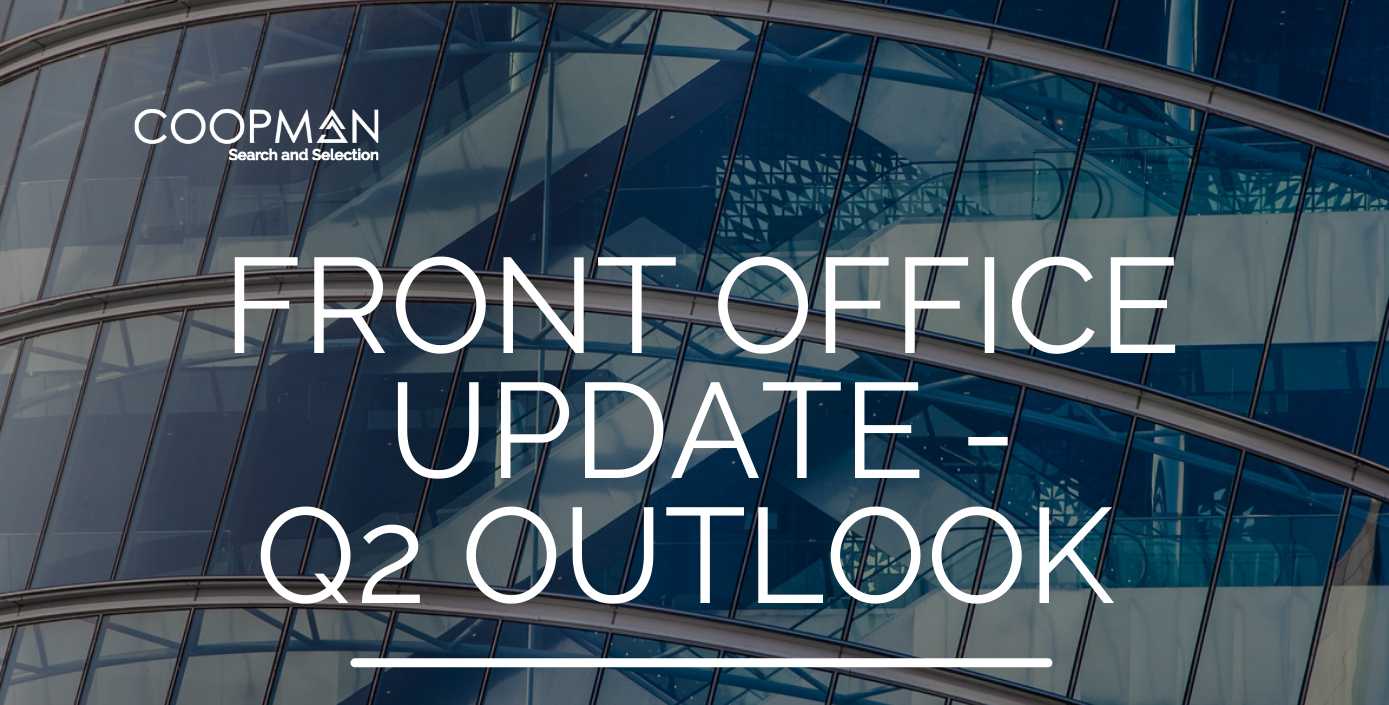Introduction to Q1
Having finally come out of the worst of the pandemic, economic challenges are pressing firms from several angles, with an inflationary cycle, rising interest rates and an ongoing conflict in Ukraine making it a tricky climate to navigate through in terms of executing hiring plans and attracting talent.
The shift from an employer’s market in 2020 has quickly reversed to near pre Covid-19 market conditions where there is now a significant talent shortage in certain areas such as ESG and at the Analyst level. Add to this the need for employers to translate their flexible work policies into operational functionality in order to remain competitive and retain their talent there is certainly a lot for HR to be thinking about.
In saying this, through the pandemic we noted a significant amount of professionals becoming passive in the market, given confidence has now returned in terms of taking the risk to make a move, firms have a unique opportunity to hire more senior professionals which as referenced in our commentary below could be much sought after.
When looking deeper into the front office market, Coopman views the market in terms of two core areas, money management professionals and client-facing.
Money Management
Within the money-management environment (encapsulating Analysts and Portfolio Managers), there is an ongoing fight for talent who are qualified or experienced in ESG/Impact/Sustainable investing. This is driven by the continued flow and allocation of assets by consultants and clients into Green/Carbon Reduction focused strategies.
Analysts (in both equities and fixed income) need expanded skills and knowledge (eg the CFA Institute Certificate in ESG Investing) to evaluate target companies/issuers on their ESG credentials, and Portfolio Managers require these skills in order to filter, rank order and select the best opportunities according to their mandate parameters and processes.
The introduction and implementation of the first stages of the Sustainable Finance Disclosure Regulations (SFDR) (introduced by the European Commission), alongside the Taxonomy Regulation and the Low Carbon Benchmarks, imposes mandatory ESG disclosure obligations for asset managers and other financial markets participants. The SFDR regulations are thus a driving force changing the shape and form of existing and future products, and requiring significant training and development at product development, analysis, portfolio management and client reporting levels.
In addition to the focus on ESG, we are seeing an investment environment in turmoil, significant market dislocations and rotations, with numerous unpredictable scenarios at play. The potential exists for the whole investment environment to shift from a globally ‘easy’ investing environment to one with substantially more challenges, in particular needing to offset the ravages of inflation, and risks of material capital loss.
“This more hostile investing environment will likely require companies to retain and hire those seasoned market veterans, who have faced these market conditions before during their careers, and can offer stable, conservative guidance on the route forward.”
Analysts who can appreciate the impact and consequences of higher rates in their DCF models, and how that translates into company valuations and associated impacts, will be highly prized resources.
Portfolio Managers who typically think in terms of capital preservation, conservative return profiles and an absolute (real) return mindset are likely to see strong demand for their skills and insights.
From a pure business/enterprise management perspective, Executives and Boards might need to consider whole-team acquisitions (Absolute Return teams) to bring on board the necessary resources to protect balance sheets. Managers that have relied entirely on ‘growth-oriented’ investment strategies and products in a relative-return space may come under considerable income statement pressure if their businesses experience considerable outflows and downward market-value adjustments and concomitant loss of fee income.
In these current market dynamics, credence should be placed on experienced market professionals who have witnessed the inflation cycle. There will likely be keen interest in investment professionals who have solid experience of market and business cycles as anyone who has less than 20 years’ experience has never witnessed a global inflation cycle, requiring protecting and growing capital in real terms. It will be crucial to understand the duration risk of what is implied in equity valuations – specifically DCF models when valuing projected earnings of a company and knowing what that means in terms of pricing.
Client Facing
Given global Central Bank fiscal supports and low inflationary environments, the past decade has experienced a disproportionate allocation of assets by the professional asset allocator community to ‘growth-oriented’ investment strategies relative to ‘value-oriented’ strategies.
Whilst the past two years have witnessed some timid ‘Value’ recoveries, it now appears evident that a more robust and substantial structural rotation is underway – which may result in ‘Growth-oriented’ investment strategies performing poorly relative to benchmarks and peers.
Given the weight of assets allocated, there will likely be large numbers of client accounts experiencing poor or even materially negative returns. The consequence of this is that discussions will be focused on performance remediation, and generally not allow time for sales pitches.
‘Value-oriented’ managers need to dust off their pitch books whilst ‘Growth-oriented’ managers need to prepare their defences.
Conversations with Pension Trustees and Investor Boards will likely contain a lot of ‘bad news’ and may present the first really challenging experience for client-facing personnel – hostile engagements.
Depending on the firm’s investment philosophy exposure and how the business’s client-facing unit is set up, the forthcoming environment might present significant challenges in both the sales and retention teams – with both experiencing no/low sales and/or outflows.
“Management and HR, therefore, need to consider their client-facing team’s emotional resilience and soft-skill capacity to communicate challenging newsflow with empathy and candour.”
Distribution personnel who have the maturity and investment acumen to shift seamlessly across investment ideologies and strategies will be most favoured and in-demand where younger personnel may not have the gravitas necessary for some of the difficult conversations to come.
Processes
We witnessed a notable increase in in-person interviews taking place in Q1 of this year, with many London based firms now operating from the office once again, primarily in a hybrid model, we are seeing candidates actively seeking interviews in person as they wish to obtain a sense of the corporate culture.
Moving away from the dependence on virtual interviews into a more ‘hybrid’ model will be a key differentiator in luring talent who may have several processes ongoing at any given time.
Since the invasion of Ukraine, understandably, firms or teams with a focus on certain sectors such as metals and mining have at times placed pauses on the recruitment process and with the disruption of covid still being felt it is essential that employers increase engagement in their recruitment lifecycle to protect employer brand and retain the interest of their candidate pool.
Remuneration
Companies will need to be more transparent in terms of how any Deferred Incentives are retained or invested – in company stock or in market-linked investments.
“This may present a challenge if the investment outlook deteriorates further, as prospective candidates will be reluctant to take on ‘market risk’ in a low return yielding environment, rather than preferring higher Cash allocation compensation arrangements.”
As already alluded to in the Client-Facing section, the Sales and Client-Facing environment may be challenging for the foreseeable future – prospective candidates will need some comfort that compensation structures accommodate the ‘prevailing environment’ and associated activities that may be required, ie a shift in focus from sales to retention.
Salaries remain closely correlated to those seen in 2021, from a variable perspective we saw deferred compensation increase to as high as 70%.
DE&I
The ongoing focus around firm’s commitment to DE&I still plays a central role in a firm’s ability to attract talent. Positive initiatives within the UK investment industry include the 10 000 Black Interns programme and the growing exposure of the Black Women in Asset Management (BWAM) organisation – which is working hard to raise the profile of black women investment professionals in the industry.
Whilst laudable, the 10,000 Black Interns programme will only start delivering material change in the industry demographic in the next 7-10 years, which presents an opportunity for HR and Exco to seriously consider working visa sponsorship of non-nationals if they haven’t already explored this avenue.
For example, South Africa – which has been on a legislated black empowerment transformation process for the past 25 years, has a very substantial body of senior, highly qualified and experienced black investment talent that could be tapped. These professionals cover all asset classes and strategies and include seasoned client-facing professionals.
Lastly, we’re all aware of the industry-wide structural shift to support businesses with more favourable ESG/SRI/Sustainable/Impact aspects. B.Corp™ Certification addresses this directly.
See: https://www.bcorporation.net/en-us/
We’re the first recruitment firm in Ireland to achieve this status, and in fact, we’re one of the very few recruitment firms in the whole of the UK and Ireland to have attained Certification and we are certainly within a tiny universe globally of specialist financial services focused recruitment firms with B.Corp™ Certification.
To discuss this report in more detail with one of our consultants or for further insights please reach out to us:
connect@coopman.ie








